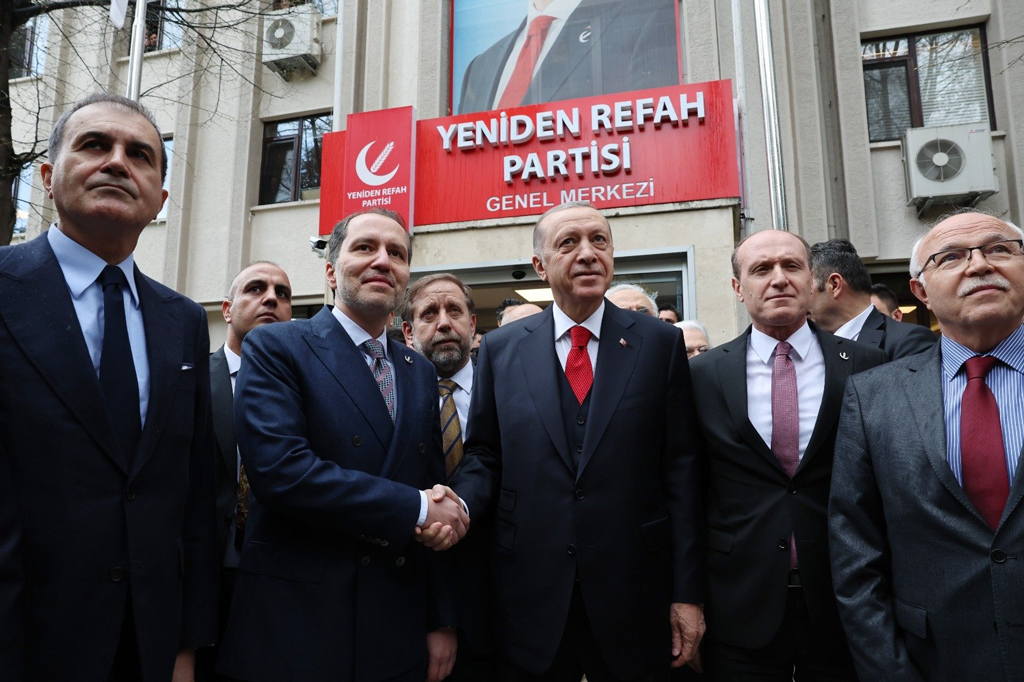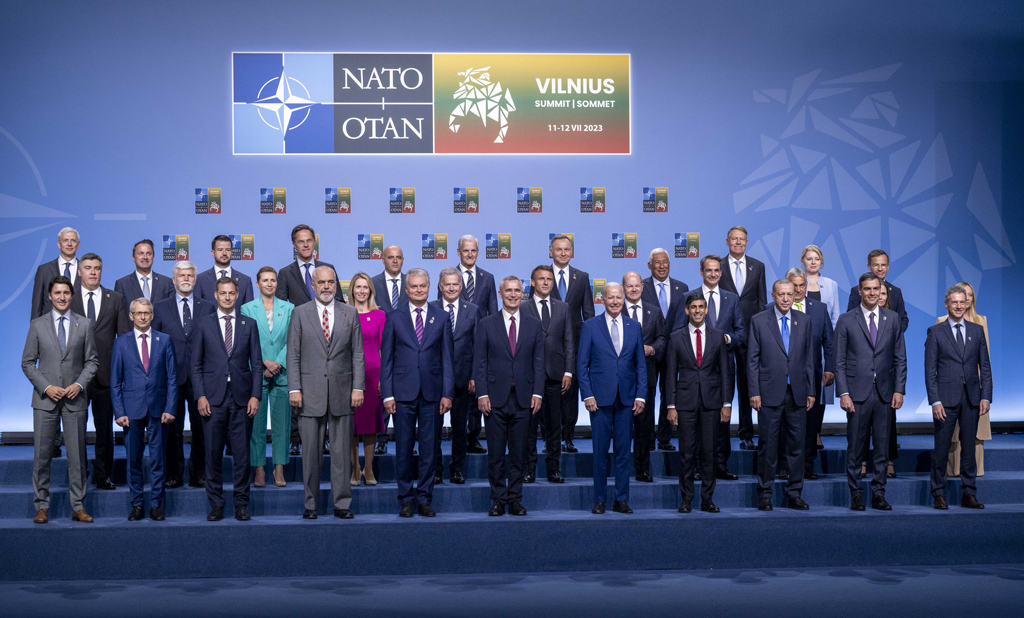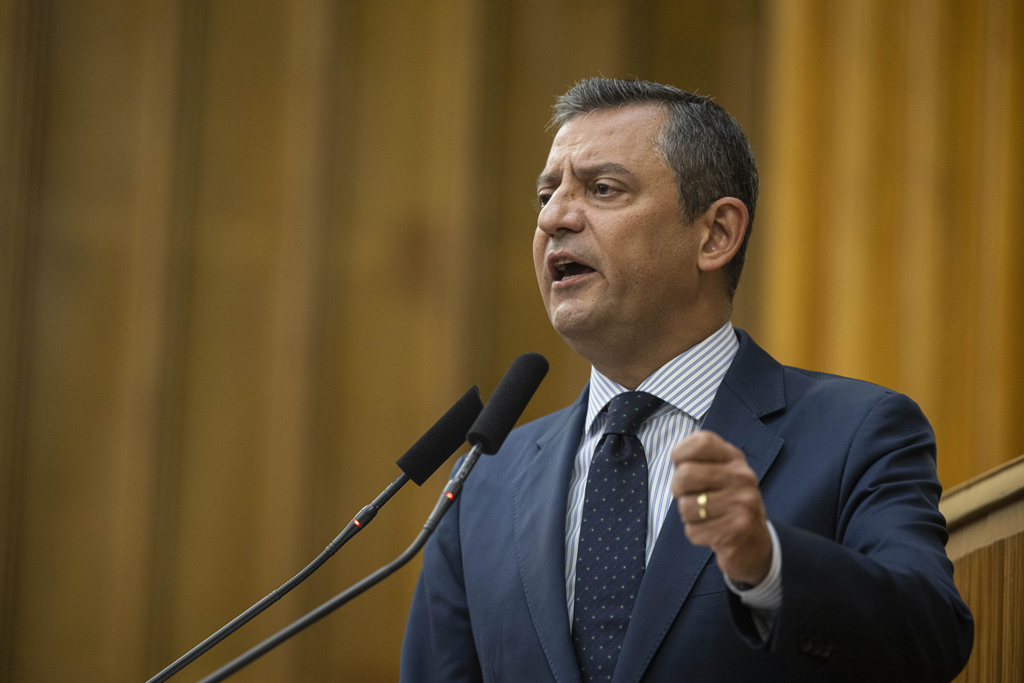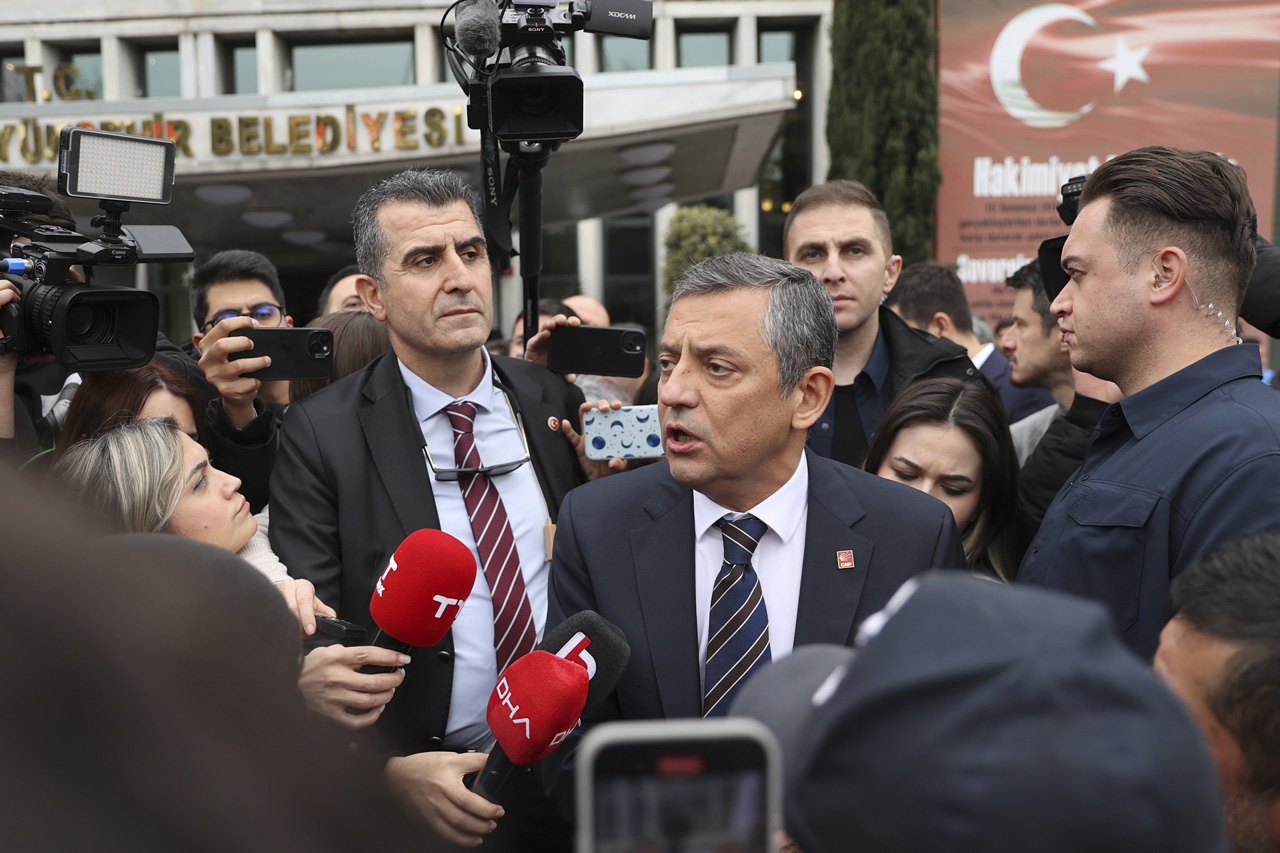The Turkish election, which President Recep Tayyip Erdoğan recently described as a historic fork in the road, is just 45 days away. With four presidential candidates in the running, both major alliances continue their efforts to expand and design themselves.
The pro-opposition Nation Alliance recently joined forces with the Peoples’ Democratic Party (HDP). The Good Party (IP)
rejoined that alliance after a short-lived crisis but there are ongoing problems at the grassroots level, as party officials try to stop
Muharrem Ince’s Homeland Party (MP) from luring away their voters.
Meanwhile, the right-wing members of the Republican People's Party (CHP)-led opposition alliance, also known as the "table for six," are trying to maximize the number of parliamentary seats they can claim through the main opposition party. Those developments put the CHP and HDP, or the Left, in the driver’s seat among CHP Chairperson Kemal Kılıçdaroğlu’s supporters.
The Turkish Workers' Party’s (TIP) vocal opposition and threats to put former AK Party members on trial, too, support that conclusion. At the same time, more and more observers stress the Felicity Party (SP), the Future Party (GP) and the Democracy and Progress Party (DEVA) merely serve to legitimize efforts to put CHP and its chairperson in charge. In this sense, many believe that those conservative parties ended up on the wrong side of history.
Unity in ideology
By contrast, the ruling People’s Alliance consolidated its conservative-nationalist base with the New Welfare Party (YRP) and the Free Cause Party (HÜDA-PAR) coming on board.
Since there is no power-sharing agreement in place, the ruling alliance is not a coalition but a partnership of political parties with similar ideologies. The New Welfare Party’s decision to join the People’s Alliance also made sense for its own future, as its main rival, the SP, formed an alliance with CHP. By contrast, the New Welfare Party opted for an alliance that would enable it to appeal to conservative voters.
The New Welfare Party Chair Fatih Erbakan explained his decision by saying that he “did not want to help surrender our country to the CHP mindset” to highlight the main difference between his movement and the SP. Undoubtedly, Erbakan’s position is more closely aligned with the National Outlook approach.
Furthermore, Erbakan’s views on LGBT issues, the Istanbul Convention, armed drones and the religious instruction of children are similar to the People’s Alliance’s positions.
The New Welfare Party highlighted the Felicity Party’s contradictions regarding the National Outlook principles. The SP attempts to justify its intention to contest the parliamentary election as part of CHP with reference to the CHP’s 1974 coalition with the National Salvation Party. Yet that argument amounts to nothing but defensive propaganda.
Türkiye’s conservative and religious citizens achieved a great deal under the Justice and Development Party's (AK Party) 20-year rule. Such arguments are intended to persuade them to turn their back on the AK Party and instead vote for the CHP, a party that has traditionally been responsible for secularist and oppressive policies – which is why they are ineffective. Specifically, SP Chair Temel Karamollaoğlu’s recent remarks on Hagia Sophia, that "Hagia Sophia will have been truly reopened once we come to power," were absolutely laughable.
Meanwhile, the GP and DEVA abandoned their original goals to sit at the CHP’s table but that won’t stop them from becoming sidelined either. That is because the Nation Alliance is unsustainable and crisis-prone.
No common ground other than anti-Erdoğanism
The Nation Alliance practically comprises the "table for six," which was glued together by anti-Erdoğanism and
the HDP. In other words, political movements with contradicting ideologies united around a power-sharing agreement and the promise of an "augmented" parliamentary system.
On one hand, the HDP pledges to “overhaul the century-old republic.” On the other, the CHP remains a quiet advocate of authoritarian secularism as it waits to come to power.
In the wake of the most recent crisis, the IP's influence over the "table" and popular support took a notable hit. Finally, the right-wing parties play a tertiary role within the alliance. Essentially, the "table for six" represents a transitional coalition government. Its performance as an ordinary coalition remains untested, too.
Yet, Türkiye’s experiences in the 1960s, the 1970s and the 1990s serve as a great reminder that coalition governments are unstable and crisis-prone.
All in all, the Nation Alliance’s “transitional coalition” stands to serve the interests of the CHP and HDP. If elected, Kılıçdaroğlu will become president and wield enough power to sideline his collaborators as soon as the first crisis erupts. Even if he fails to win, the CHP’s popular support will have increased.
Meanwhile,
the HDP will find opportunities to voice its radical demands more strongly by operating in a broader political space.
If the seven-party coalition actually attempts to govern, they will transform government agencies into fiefdoms loyal to different political parties and ideologies. Each political party will attempt to inject its own supporters into the bureaucracy, fueling fragmentation and even rivalries. It is virtually impossible to guess how many meetings they would have to hold to coordinate their actions.
[Daily Sabah, March 30 2023]









